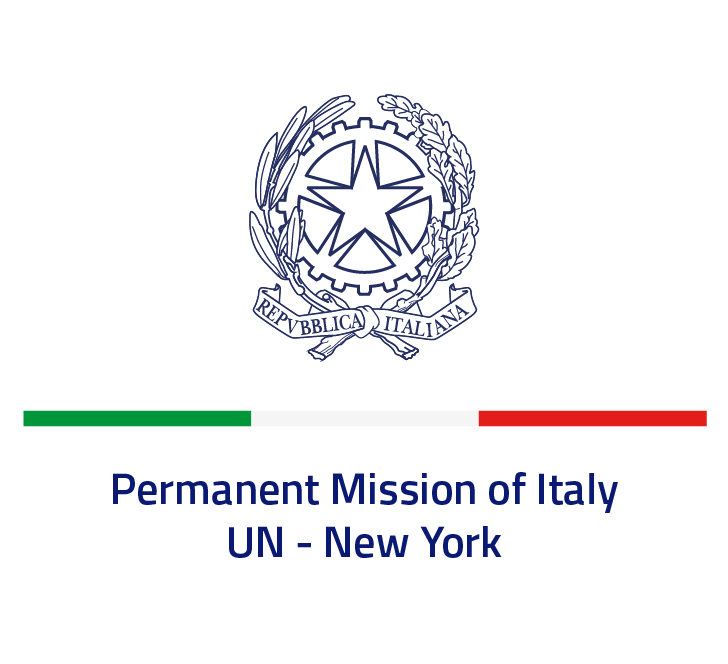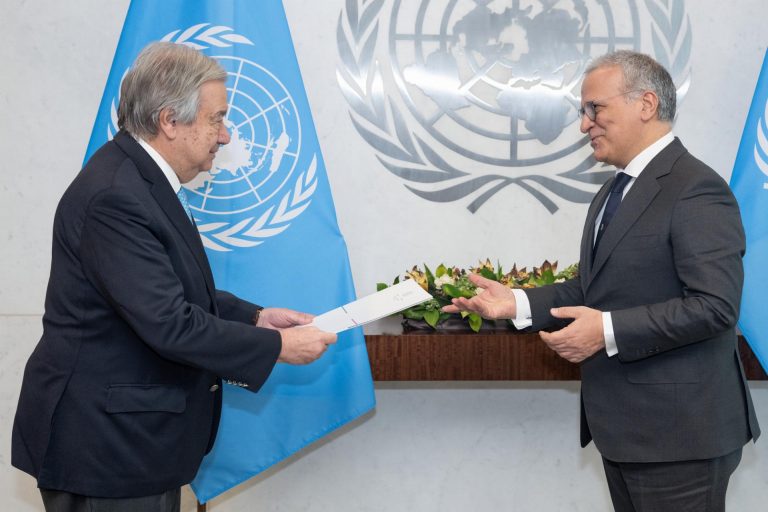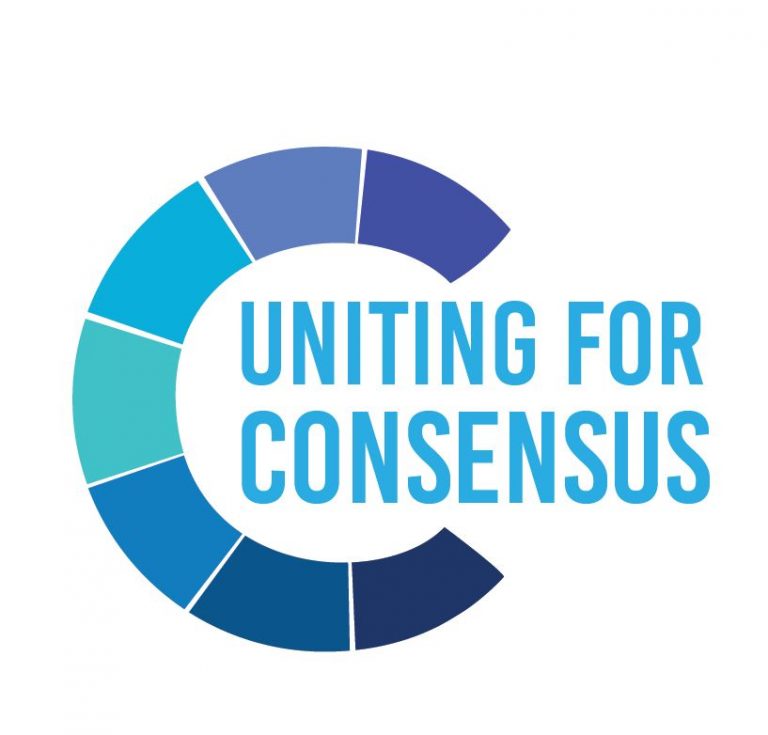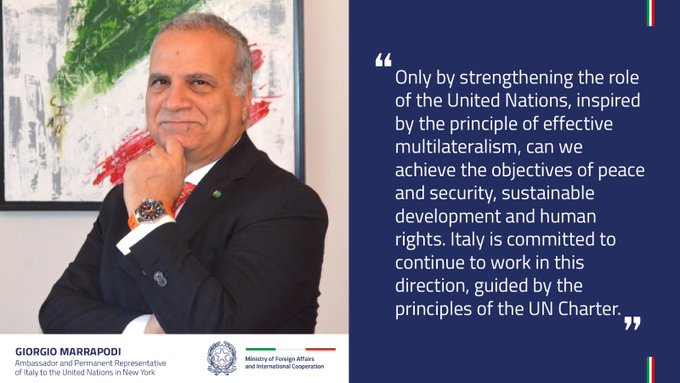New York, March 7, 2022. Veto power in the U.N. Security Council and the categories of members (permanent and non-permanent) of the Council were discussed today at the United Nations in the context of the IGN Platform, the Intergovernmental Negotiation called to address the issue of Security Council reform. Italy spoke on behalf of the Uniting for Consensus (UfC) Group of Countries, of which it is coordinator.
“As we could witness only a few days ago, the use of veto profoundly affects the efficiency of the Security Council, with a paralyzing effect on its decision-making capacities,” these are the words of Italy’s Permanent Representative to the UN Amb. Massari in reference to the decision-making stalemate on the Ukrainian crisis in the Council. “There is no doubt: veto contradicts the principles of democracy, efficiency and sovereign equality among states. Although it may have been conceived in a specific historical context, today it no longer has a plausible justification,” the Ambassador continued.
As for the existing veto power, while it would be ideal to abolish it, the UfC countries recognize that this is unlikely to happen, given the provisions of Article 108 of the UN Charter. Therefore, the proposal is to take a step-by-step approach on the veto issue and try to work out the best ways to limit its use by the five countries that wield it in the Council (i.e., the “permanent” members: in addition to Russia, China, France, the United Kingdom and the United States).
The veto power in the Security Council is directly related to permanent membership status and, therefore, to the issue of Council membership categories. This is why the UfC Group led by Italy supports an expansion of the Council only in the non-permanent membership category: creating new permanent seats would mean endorsing new positions of privilege of certain countries over others.
To best represent the reality of an ever-changing world, “one cannot, apply the logics of the past (moreover, adopted in a unique historical context, that of the post-World War II period), based on ‘winners and losers’, nor classifications based on the criterion of ‘power,’” in the Ambassador’s words, which would accentuate hierarchies and divisions among the various countries and penalize small countries.
Why should some member states today, and not others, have the right to become permanent members of the Council? On the basis of what objective criteria recognized by the entire UN membership would possible new members be chosen? And will these criteria still be met by them 25 or 50 years from now? What then of the logic of democracy and equality among member states, which is at the heart of the United Nations?
The new Council envisioned by UfC would consist of 26 seats in total: 11 new members would be added to the current 10 elected nonpermanent members, for a total of 21 elected nonpermanent members. Nine of these 11 additional seats would have longer terms of office (this aims to meet the demands of those member states wishing to serve for longer periods) and would be elected by regional groups, in order to ensure a more balanced and equitable representation primarily of developing countries (above all, those in Africa and the Asia-Pacific and small island states), the latter historically penalized in participation in the Council.














